Communication and conflict resolution
in relationships with children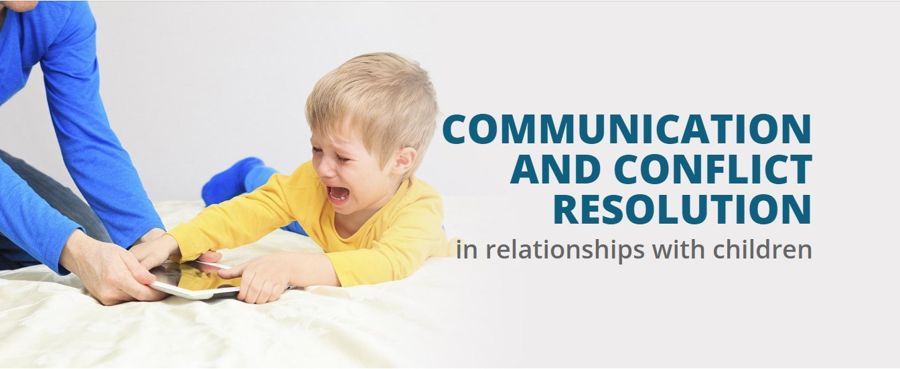
Short course, three hours.
Course date: 10th of March, 6pm to 9 pm.
Venue: Sentralen, Øvre Slottsgate 3, Oslo, Norway.
See our Norwegian course page for information on price and sign up.
Full course, two days:
Course date: 28-29nd of March 2020, in Novi Sad, Serbia.
The seminar will be held in English without translation.
Please visit the organizer’s website for more information about the venue, price and signing up.
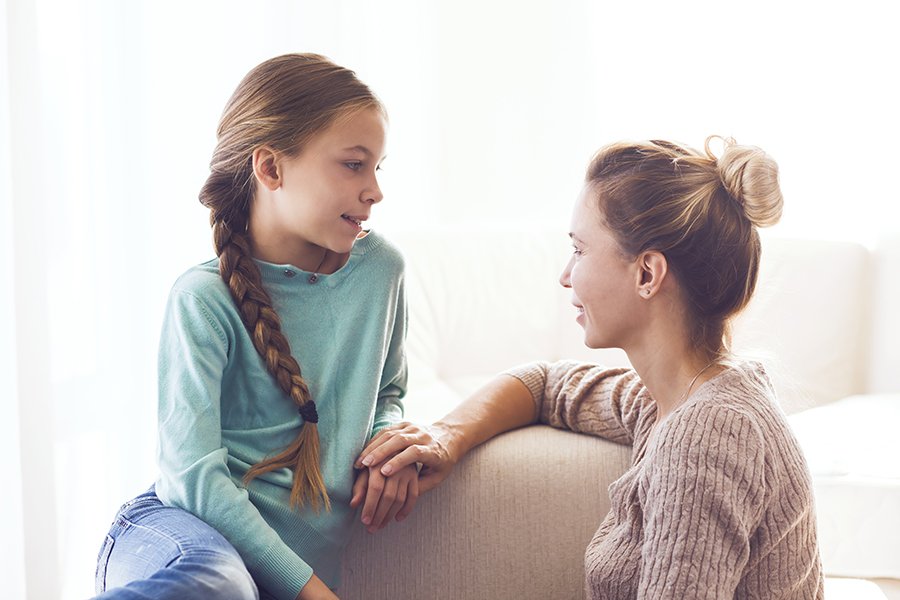
Book a course.
This course can be ordered on request by groups, companies, schools, kindergartens etc. It is the same as our very popular course in Norwegian.
Conflicts, an opportunity for learning important life skills.
Conflicts are a natural part of all relationships. Also, it is normal for conflicts with children to sometimes be quite heated. Even very heated. If this occurs often, it can create feelings of stress, anger, insecurity, confusion, and, for some, hopelessness.
The way we deal with these conflicts are critical for the childrens development, as well as for the quality of the relationship between parents and children.
We can either deal with conflicts in a way that strenghtens our childrens emotional and social development as well as feelings of trust and closeness in the relationship, or in ways that undermine the development.

Security, coping and learning in conflict situations.
This course teaches parents the communication skills they need to reduce the frequency and intensity of the disagreements that are bound to occur in any family.
You will also learn how to turn stressful conflicts into opportunities for learning of critically important emotional, social and self-regulation skills, as well as for building trust, security, and competence in both yourself and your children.
When you can keep your family on an even keel – with everybody feeling secure and united – you, the parents, will be better situated to focus on your child’s emotional and social development.



See more testimonials here:
—
Excellent, excellent lecture. A lot of practical tips. I got a lot out of it. I want more seminars like this.
Ana D.H.
This method helped me to clarify and structure some of the approaches that I’ve been already using. Definitely useful.
—
Lectures were great. Actually, I liked that the focus was on the lecture and questions and not so much on the workshops (an activity that sadly often goes wrong). The lecturer emphasized all that was important in a professional and understandable way. Thank you for everything!
—
Brief, concise and clearly presented. He had many examples which he explicitly explained. A valuable experience. I got the tools I needed to deal with conflict situations in the future. I especially like the fact that the method is not rigid and allows for flexibility. Thank you.
A. V.
Although I missed most of the theoretical “introduction”, I got a lot of useful information in a relatively short time. A definitely useful and quality seminar. Thank you!
—
Everyday situations and examples
In the course, we focus on the everyday situations that have the potential to lead to conflict in any family.
You will learn the communication and conflict resolution skills you need to handle large and small disagreements between you and your children. And, more importantly, you will learn how to deal with conflicts in a way that better support your children’s social, emotional, and intellectual development.
The material you will learn in this course applies to all types of conflict situations. We will typically, depending on the audience, use examples from typical conflict situations that range from the mundane to quite concerning, including:
Also, we will focus on alternatives to reward and punishment. The methodology is based on scientifically documented principles about motivation, learning, and relationships, as well as social, emotional, and moral development.

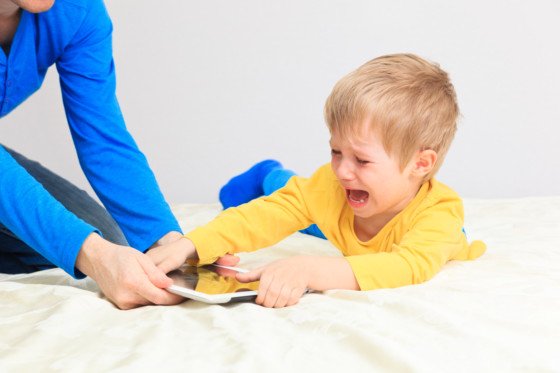

- Clothing choices
- Meals and food
- Going to the store
- Dropping kids off and picking them up
- Getting children out of the house in the morning
- Homework
- Computer games and TV
- Challenges at school
- Temper tantrums or children who are extremely upset
- A child who is behaving destructively or threateningly
- A child who is being physically violent (hitting, biting, etc)
- Disagreements and conflicts between children
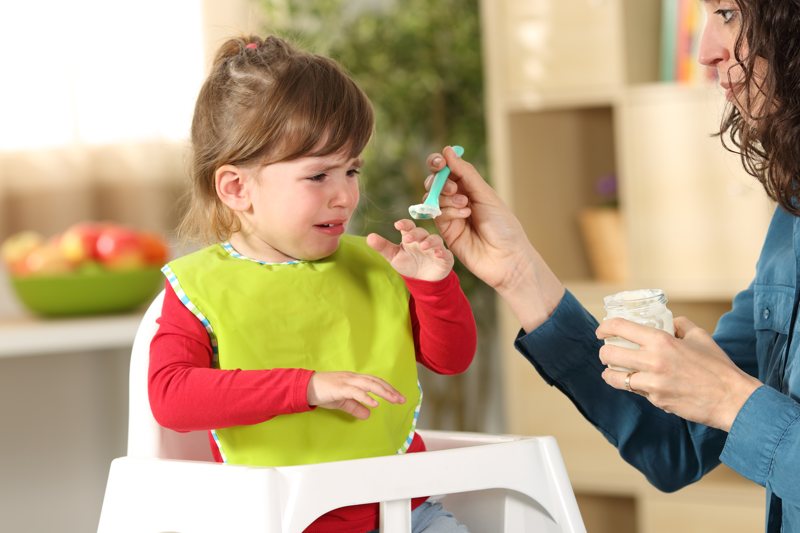

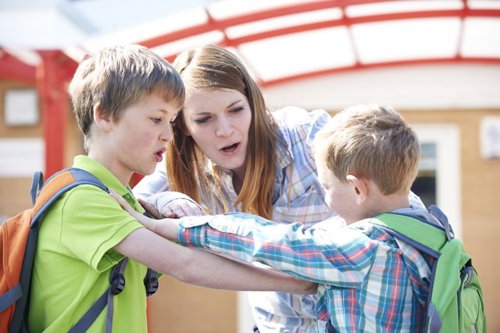
You will learn how to:
- Be more effective at preventing and resolving conflict.
- Understand the five important phases in conflicts and what you can do in each phase.
- Use situation adaptive leadership in conflict situations.
- Be confident about what limits to set and how to set them.
- Set limits in a way that promotes learning and understanding.
- Be a more empathetic and understanding parent while also being a responsible leader.
- Combine the responsibilities of being the adult with giving your child the empathy and understanding they need.
- Use reflective listening and emphatic communication even in high intensity conflict situations.
- Ensure that your child feels understood and accepted and has coping skills for dealing with their emotions positively.
- Help your children develop their emotional and social skills.
- Deal with problems without resorting to punishment, bribery, rewards or ignoring the issue.
- Ensure positive outcomes from conflict – for your child, yourself, your relationship with your partner, and the entire family.
See more testimonials here:
Great workshop, especially the second day, a lot of useful tips. Good job.
B. Z.
Great workshop. I recommend it to all future or young parents so they could better understand themselves and the development of children. I am aware that my emotional development and the development of my child and the whole family is a lifelong process. The five phase model is a good approach J Thanks for a wonderful weekend experience.
Matjaž
Very good and interesting workshop. Answered to a lot of questions regarding relationship between siblings.
Z. J.
The workshop expanded my understanding of the parent-child relationship and how to resolve the conflict without (or with less) stress. It was exactly the right measure between theory, practice, practical examples. The lecturer is very competent, well prepared and with a great amount of experience. I recommend it to every parent.
The lecture was very interesting, with a lot of tips that I will be able to use in practice. The approach is new and I believe it will help to reduce conflicts in our family.
—
At the seminar, I got a lot of practical guidelines on how to improve family conflicts, and especially valuable insights on where I stumbled as a mom. I also liked the structure very much, which cleared many things that I had already done myself, but somehow could not fit into context. So, I’m going home wiser and, above all, much better equipped for all future challenges in family life.
H. P.
Also for professionals, as well as parents of older children.
Although the analogies used in the course are primarily based on interactions with children, the concepts taught are highly relevant to parents of older children and teens, those who work with children in kindergartens, schools and elsewhere, as well as adults and professionals in general.
Course date
22-23rd of September 2018, in Ljubljana, Slovenia. Please visit the organizer’s website for more information about venue, price and signing up.

Important skills for all areas of life.
Another benefit of this course is that it helps parents improve communication and cooperation between each other, as both parents learn the skills of developmentally-oriented conflict management together. Many of our participants tells us they can use the skills and principles taught in this course also in other areas, management posistions, customer service and so on.
Having children, and also working with children, are the best opportunity we have to learn and become extra good at communication and conflict resolution. This is especially so for those who experience more, and more intense, conflicts. Maybe because one has children with extra willpower, or because the child have experienced stress or trauma.
When we develop these skills to a higher level in ourself, we can also better support our children in developing these critically important life skills.

Martina
Here are some of the topics we explore in the course:
- What you can do to prevent conflict.
- How to use empathy and active listening skills to resolve disputes quickly and to calm children who are angry, tired, or experiencing difficulty (without relaxing limits and boundaries).
- How to make better decisions regarding limits and boundaries while taking the child’s integrity and point of view into account.
- Different ways to say “no” and when and how to use them most effectively.
- The really tough stuff: How to take responsibility for your own role in a conflict situation that ended negatively; how you can, over time, improve parent-child conflict resolution; how to repair breaches of trust caused by parent-child conflict.
- The nonverbal elements of communication.
- How using these principles can make setting boundaries easier for you and more constructive for your children.
- How using these principles can help your child learn social skills, set boundaries for themselves, and recognize and respect the boundaries set by others.
This course was very helpful to us. We have a lot less conflict now and the ones we do have are resolved easily and quickly.
The course is led by:
Hans Holter Solhjell, the longstanding leader of Familylab Norway, lecturer, trainer, coach and counsellor.
Hans has been training courses for parents and professionals since 2006. Before that, he completed a major subject in pedagogy at PFI, Pedagogical Research Institute at UIO and also worked a period at the Oslo Police College where he taught psychology.
For the past 25 years he has been actively involved in self-development and focused on learning and change processes, body-oriented methods, communication and conflict management, etc. He is also trained in the Feldenkrais method, in Communication and change processes, the Sounder Sleep System, in SE, Somatic Experiencing, and is also certified as Certification Trainer in TRE, Trauma Release Exercises.
Daily, he counsels and holds courses for parents, kindergartens, and schools, and also works with body-oriented trauma therapy, learning and development processes.
This course gave me some big aha moments! Every parent should take this parenting course! Now that I understand my child and don’t just view him as ‘difficult’ I am much more patient.
It all makes sense now 😊 I was really happy to experience this workshop because it enabled me to put the right perspective to relationship with my kids and between siblings. I’d recommend it to everyone but especially teachers and pedagogical professionals.
Frequently asked questions about the course:
How is the course laid out?
Conflicts with my child are not always ordinary. My child sometimes becomes angry enough to hit, kick, bite, scream, throw things, run away and so on. Will this course help me?
Who is this course for?
People with older children, people expecting their first, second, third or more child – and even people with no children in their lives – have also benefited greatly from taking this course. Actually, anybody who wants to learn about conflict management can pick up a lot of wisdom from this course.
Can I ask questions about my personal situation during the course?
The conflicts in our family are primarily between the children themselves, not so much between us (the parents) and our children. Will this course help us?
See more testimonials here:
An inspiring workshop with great empathy and feeling for children. Obviously, too, a lot of knowledge. I will use many things in my work with children at school. The use of examples has also greatly helped to understand the approach. I like the approach that allows dignity to be maintained both for the parent and for the child, while at the same time it places leadership and responsibility on the parents’ side. I also enjoyed Hans’s pragmatic views and a sense of humor!
—
Great workshop. Perhaps it could very well last for 3 days because there really is so much to talk about. I got a lot of good ideas and tips on how to react in new conflict situations.
—
A very useful seminar, lots of concrete information and ideas on how to behave in situations and what to avoid. Would’n hurt if the seminar was longer with more time for individual issues. 😊 The lecturer nevertheless made a great deal of effort and responded promptly, but at the same time provided all relevant information. Great!
—
The seminar was useful. As a reminder of all the knowledge I have received at all the other familylab seminars so far. As an upgrade. Very useful. Work on self. The graph will definitely hang on the refrigerator.
—
I thought I was good at handling conflicts with my children but I got a very clear workframe with details on the dynamics of the conflict and successfull leadership. A lot of good concrete advice and ideas. I would be happy to participate in another similar seminar.
J.
Congratulations! A great workshop with many practical tips.
—
An exceptional workshop which I first attended thinking about children, but it quickly turned my attention to myself. I’ve been thinking about how to re-evaluate, set up, color my attitude towards myself, my work, my free time, my friends and the most important thing: my boys. I came for more knowledge on dealing with children, and I gained an integrated life lesson. THANK YOU!
Martina
I was pleased with the workshop. I already knew most of the material, I only needed to clarify some detail. It was good because the lecturer presented a lot of examples. It would be great if the workshop could last a bit longer so that more questions could be answered, more cases debated.
—
The workshop was understandable, theoretically well put together, the 5 phase model is a very practical concept. The overall impression is good, I would recommend it!
—
Very good, a lot of practical examples!
—
Even though I already use a lot of stuff presented at the seminar, everything was very inspiring, putting things in perspective, especially the entire spiral and the 5-phase process. Many doubts I had were cleared and a lot has been confirmed. It is good that there were many concrete examples.
—
Additonal information and application: